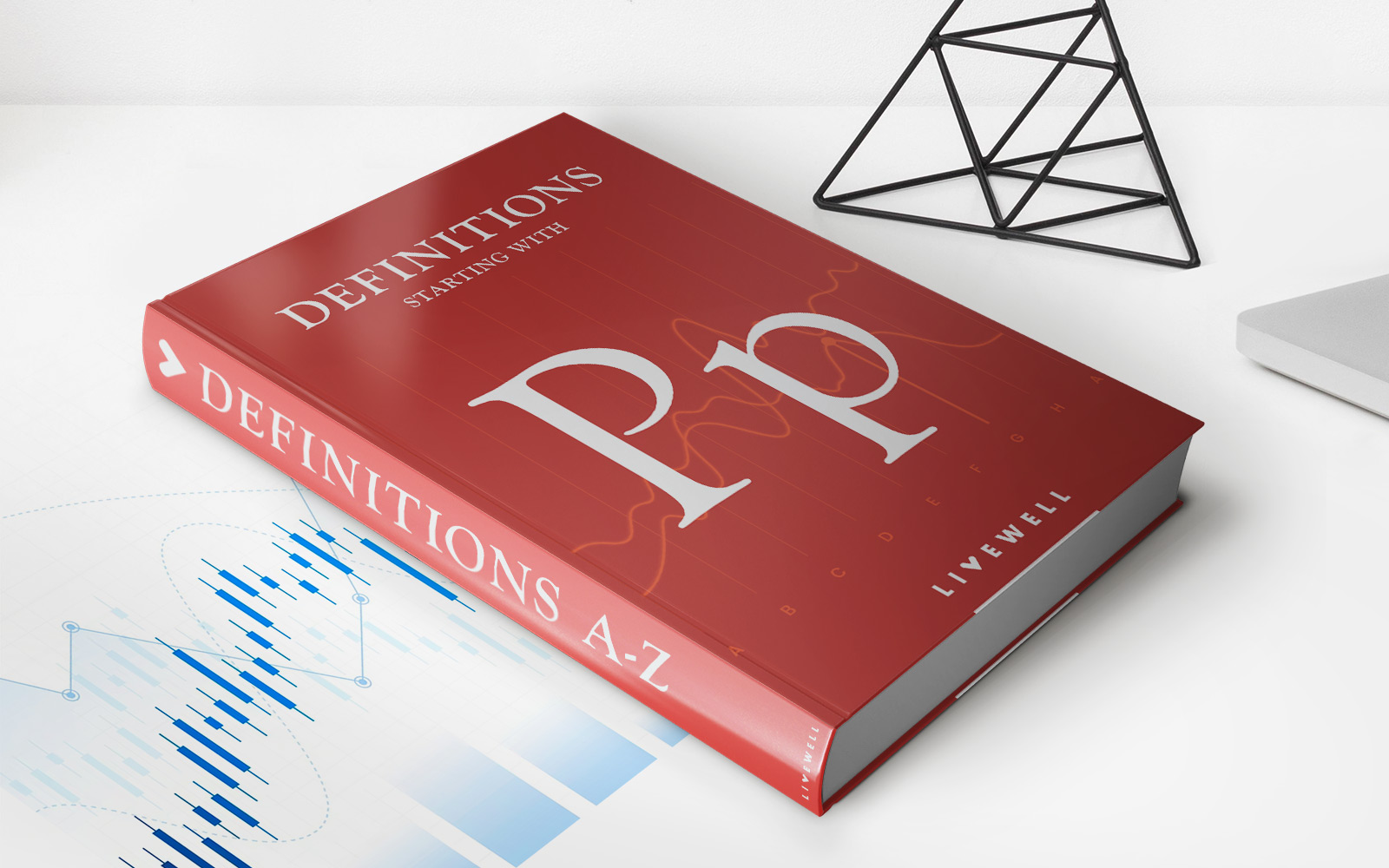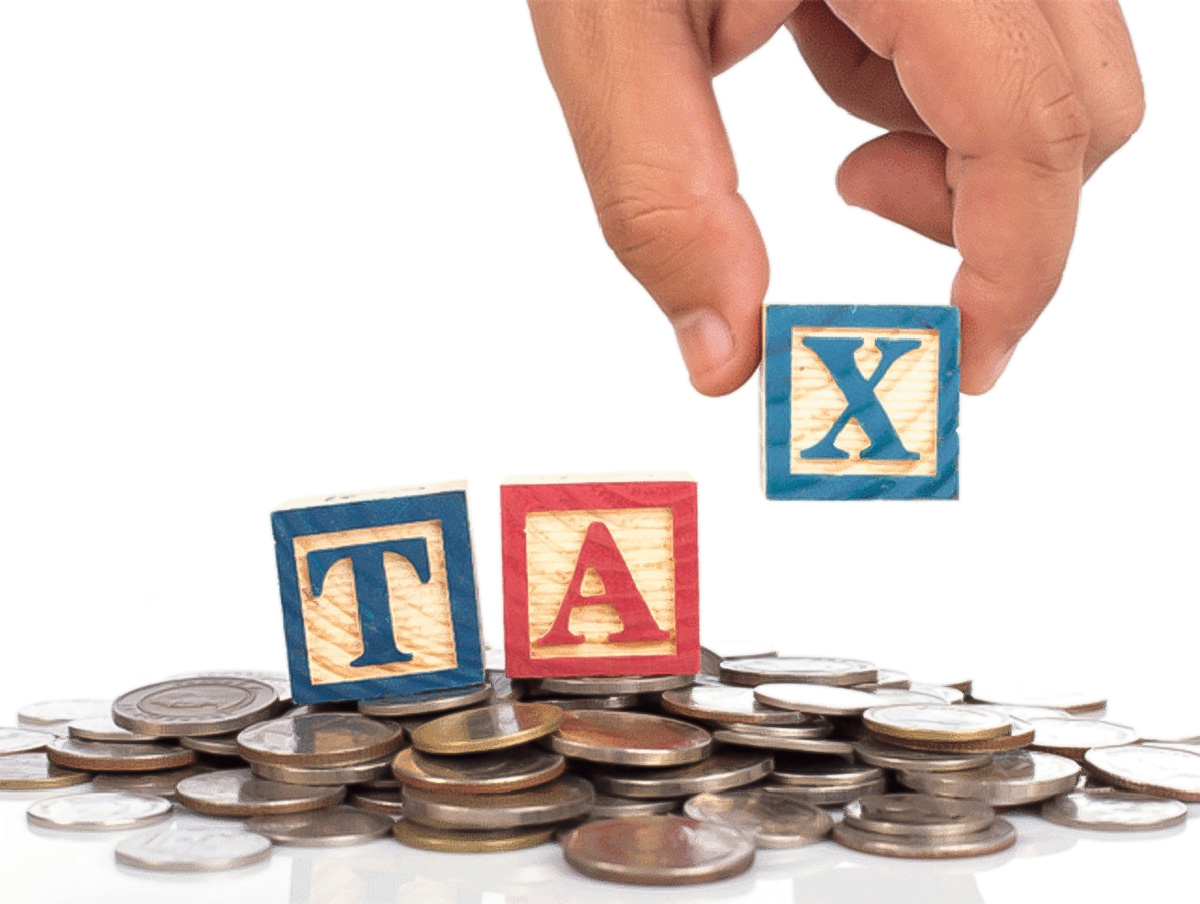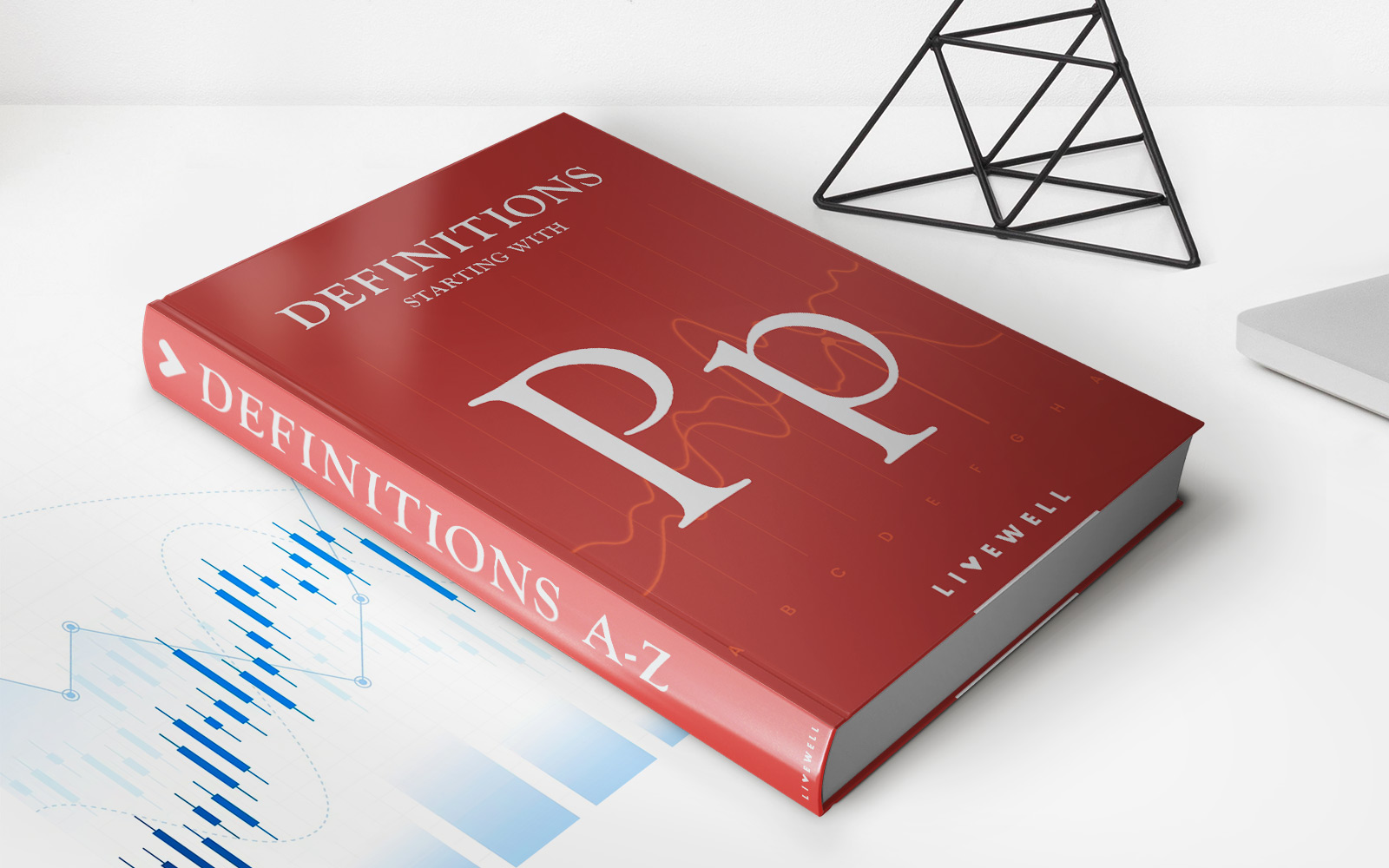Home>Finance>Consumer Spending: Definition, Measurement, And Importance


Finance
Consumer Spending: Definition, Measurement, And Importance
Published: November 1, 2023
Learn about the definition and measurement of consumer spending in finance, and understand its importance in economic analysis.
(Many of the links in this article redirect to a specific reviewed product. Your purchase of these products through affiliate links helps to generate commission for LiveWell, at no extra cost. Learn more)
Consumer Spending: Definition, Measurement, and Importance
Welcome to our “FINANCE” category blog post! In today’s article, we will dive into the fascinating world of consumer spending. Have you ever wondered what exactly consumer spending is, how it is measured, and why it is so important? If so, you’ve come to the right place. Let’s explore everything you need to know about consumer spending.
Key Takeaways:
- Consumer spending refers to the amount of money individuals and households spend on goods and services.
- It is an essential indicator of economic health and influences various factors, including employment rates and business profitability.
Defining Consumer Spending
Consumer spending, also known as personal consumption expenditure, represents the total amount of money individuals and households spend on goods and services over a specified period. It includes all the expenses people make to fulfill their everyday needs, such as groceries, housing, transportation, healthcare, and entertainment.
Consumer spending plays a crucial role in the economy, as it drives business activities and economic growth. When consumers are confident and willing to spend, it leads to increased demand for goods and services, which, in turn, boosts production, employment, and overall economic performance. On the other hand, a decline in consumer spending can negatively impact businesses, leading to lower profits and potential layoffs.
Measuring Consumer Spending
Accurately measuring consumer spending is no easy task. Economists and statisticians employ various methods to gather data and calculate consumer spending parameters. One of the essential tools used is the Consumer Expenditure Survey (CES), conducted by the Bureau of Labor Statistics (BLS) in the United States.
The CES collects data from a representative sample of households across the country, collecting information on their spending habits. By tracking expenses across different categories, the CES provides valuable insights into individual and household expenditures. This information allows economists to estimate national consumer spending and analyze trends over time.
Additionally, governments and central banks use other data sources, such as retail sales reports, credit card transactions, and GDP components, to assess consumer spending and its impact on the economy.
The Importance of Consumer Spending
Consumer spending is a significant driving force behind economic growth and stability. Here are some key reasons why consumer spending is vital:
- Economic Indicator: Consumer spending is often used as an essential indicator of economic health. A rise in consumer spending is a positive signal, suggesting that people have confidence in the economy and are financially stable.
- Employment: Increased consumer spending leads to higher demand for goods and services, which drives business growth. This increased demand, in turn, prompts companies to hire more employees to meet the needs of consumers. Thus, consumer spending has a direct impact on employment rates.
- Business Profitability: When consumers spend more, businesses generate higher revenues and profits. This allows companies to invest in expansion, research and development, and other growth initiatives. Strong consumer spending creates a conducive environment for business growth and economic development.
- Taxation and Government Revenues: Consumer spending plays a vital role in generating tax revenues for governments. Increased consumption results in higher sales tax and other consumption-based taxes, which contribute to government funds and public services.
In summary, consumer spending is a crucial component of any economy. Through its impact on employment, business profitability, and government revenues, consumer spending serves as a barometer of economic health. Understanding the definition, measurement, and importance of consumer spending helps economists, policymakers, businesses, and individuals make informed decisions that contribute to a thriving economy. So, the next time you make a purchase, remember that your spending plays a part in shaping the economic landscape.














